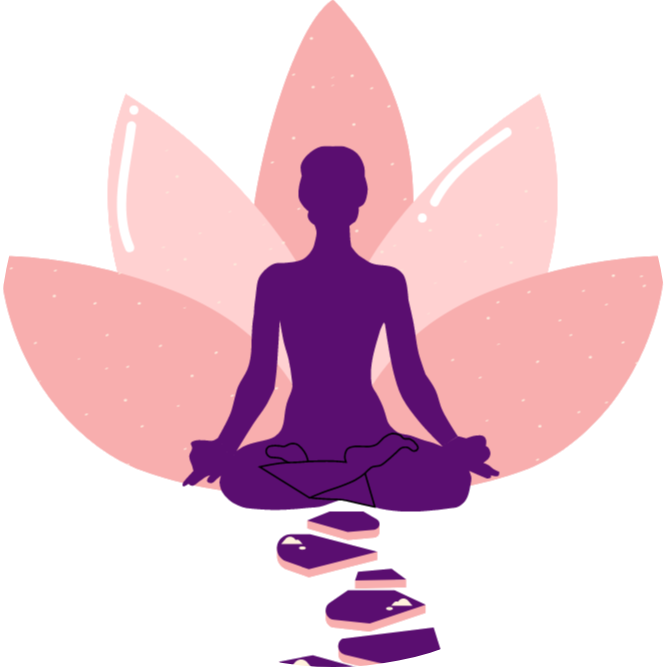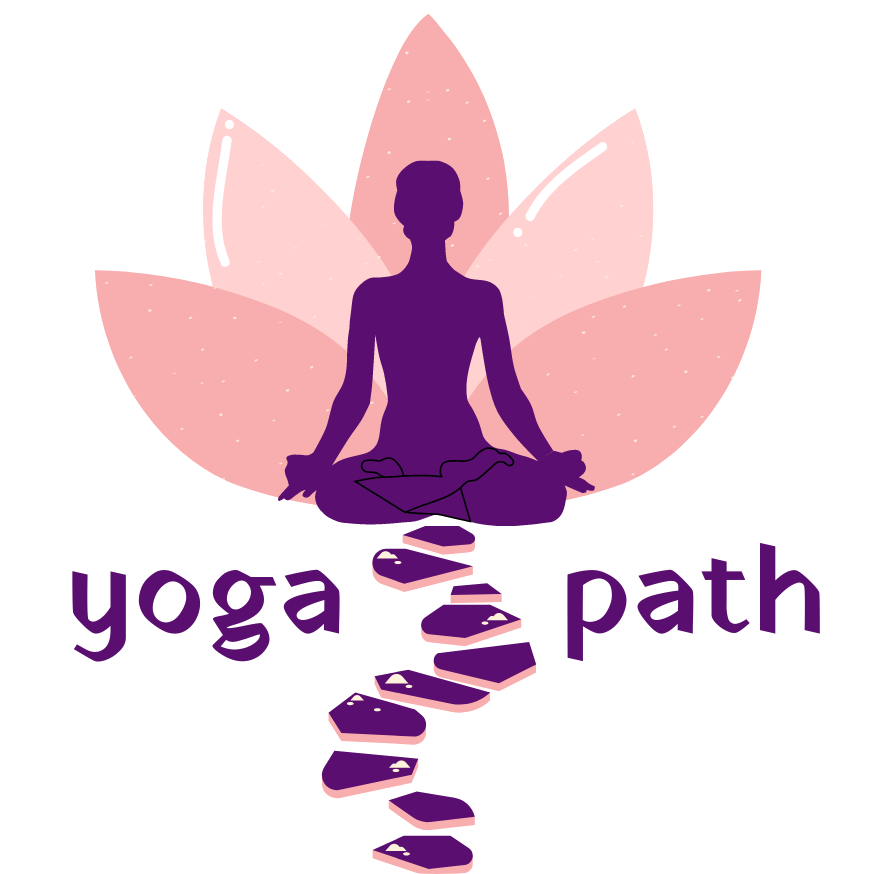“Contentment comes out of detachment or Vairagya”
– Dada J.P. Vaswani
“What is Vairagya?
Vairagya is a state of ‘desirelessness’ – when nothing whatsoever can distract you, disturb you or create a desire within you; you are in a state of Vairagya. It is the experience of being free from Vasanas or mental attachment to worldly pleasures.
Simply put, Vairagya, is a state of detachment, of letting go of all materialistic attachment as well as feelings of fear, pretense, pride, ego, superiority and inferiority complexes – at a deeper level, it is non-attachment to life itself.
A person with Vairagya is naturally able to control the mind, having overcome both attachment and aversion. A Vairagi or a person with true detachment has only one aim in life – to achieve Moksha or final liberation from the cycle of life and death.
The intent of Vairagya is to let go of attachments, free yourself from desire and attain self-mastery.
In his writings on the ‘Four Paths of Yoga’, Swami Vivekananda says, “… the scope of all systems of Yoga is to clear up ignorance and allow the Âtman (soul) to restore its own nature. The chief helps in this liberation are Abhyâsa and Vairâgya. Vairagya is non-attachment to life, because it is the will to enjoy that brings all this bondage in its train; and Abhyasa is constant practice of any one of the Yogas.”
How to cultivate Vairagya?
– Take a moment to look at your habits. Our five senses or Indriyas seek pleasure in taste, touch, smell, sounds and sight. Find the pleasures that you mindlessly indulge in and slowly start detaching from these sensory pleasures. Are you hooked on to social media for hours or spend time binge watching movies or are addicted to particular foods or habitually sleep late? Pick one desire that is not helping you on your path to a yogic way of life and start detaching from this habit step by step. Be cautious to not make this a forceful detachment, but a slow weaning off the habit, out of your own willingness to do so.
– Meditate on the impermanence of all things to understand the transitory nature of this world.
– In everything that you do in your role here, in your duty or Dharma, do your best and let go of the result. Be detached from the result – from the praise or the criticism such that you don’t just identify yourself with what you do, but remember the Âtman or soul that you are.
As we live our life in this world following our Dharma or duty, if we are able to look at things from a broader perspective, taking a step back, witnessing events as a bystander, viewing everything as a part of the whole, then we start to move towards non-attachment or Vairagya.
It is not an escape mechanism, but a way of developing the quality of complete surrender; being able to live our life objectively, becoming non-judgmental and humbly letting go of anything that does that serve our higher goal.


